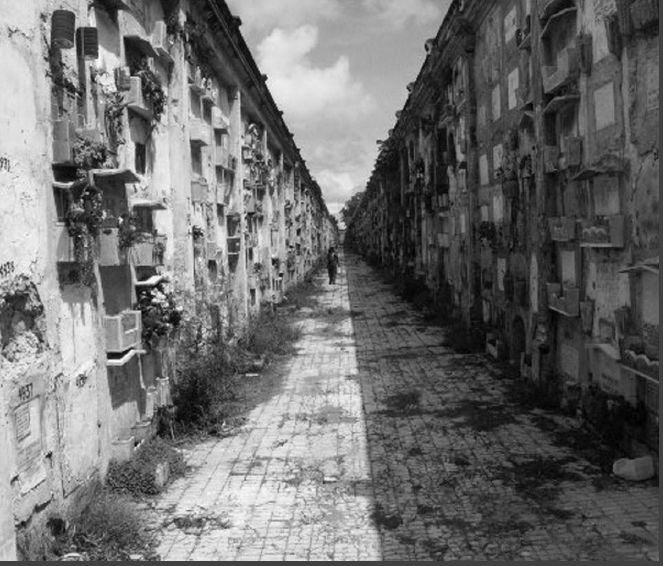A report by the organization Kids in Need of Defense.
Sexual and Gender-based Violence and Gang Violence in El Salvador, Honduras, and Guatemala
“I can tell a woman that she should report domestic violence, but she will ask me, ‘Who will support me, who will protect me?’ and I can’t answer those questions.”
-Judge, Tegucigalpa, Honduras
The Northern Triangle of Central America, which includes El Salvador, Honduras, and Guatemala, is one of the most violent regions in the world. All three countries have extremely high rates of sexual and gender-based violence (SGBV), including rape and sexual assault, domestic violence, human trafficking, sexual exploitation, and sexual abuse of children. The three countries also have some of the highest rates of femicide, or the gender-motivated killing of women and girls, in the world, and rates have risen dramatically over the past several years.
In El Salvador, a woman was murdered every 16 hours in 2015. In Honduras, gender-based violence is the second leading cause of death for women of reproductive age. On average, two women are murdered each day in Guatemala, and the number of women murdered each year has more than tripled since 2000.
The rise of violence in El Salvador, Honduras, and Guatemala is in large part attributable to gangs that have grown increasingly powerful in all three countries. These gangs employ brutal forms of violence to maintain control over the territories where they operate.
Gangs dominate urban areas of El Salvador, Honduras, and Guatemala and have increased their presence in rural and semi-urban areas in recent years, leaving children and youth in these areas vulnerable to gang violence. This intensified gang violence has a particularly severe impact on women and children, who are vulnerable to sexual and gender-based violence within their homes and neighborhoods, and find little hope of receiving protection or justice from the state.
Rates of SGBV in El Salvador, Honduras, and Guatemala are extremely high, and in the vast majority of cases, violence goes unreported and unpunished. When victims11 of SGBV live in gang-controlled areas or when perpetrators have gang affiliations, crimes are even more likely to result in impunity. Many victims do not report violence because they do not trust authorities or because they know that doing so will put them, and their families, at greater risk of retaliation by gangs.
Those few who do report violence confront the unwillingness or inability of the state to provide either protection or justice. With no place to turn, many of these women and children are forced to flee their country to save their lives. Whether they ultimately reach Mexico, the United States, or any other country, they need–and in many cases should qualify for— refugee protection.
This report draws on interviews conducted with Central American migrant children, case documentation from KIND’s child clients, and interviews with government and civil society representatives to demonstrate the ways in which sexual and gender-based violence (SGBV) and gang violence intersect to threaten the lives of thousands of children and families in El Salvador, Honduras, and Guatemala.


